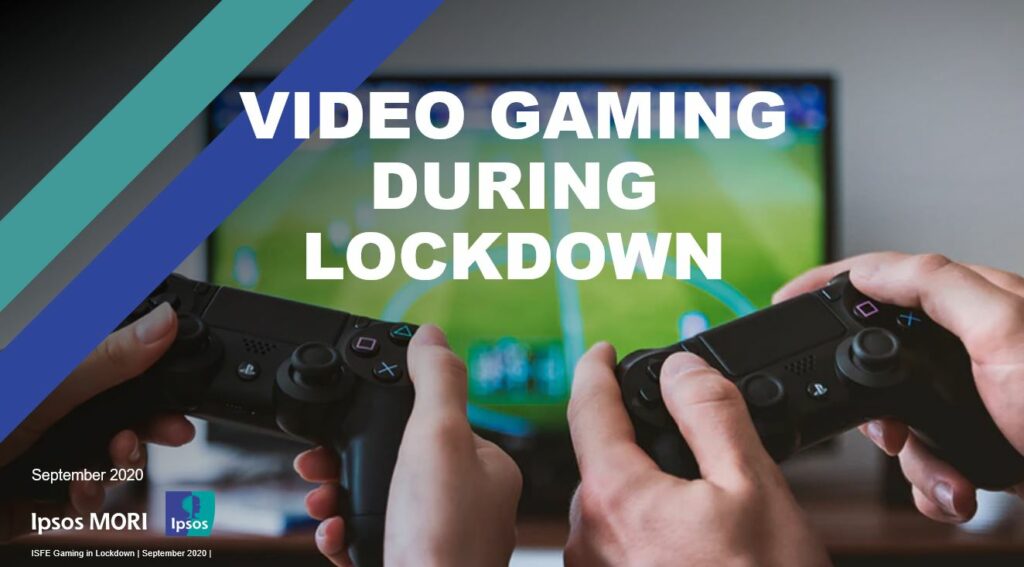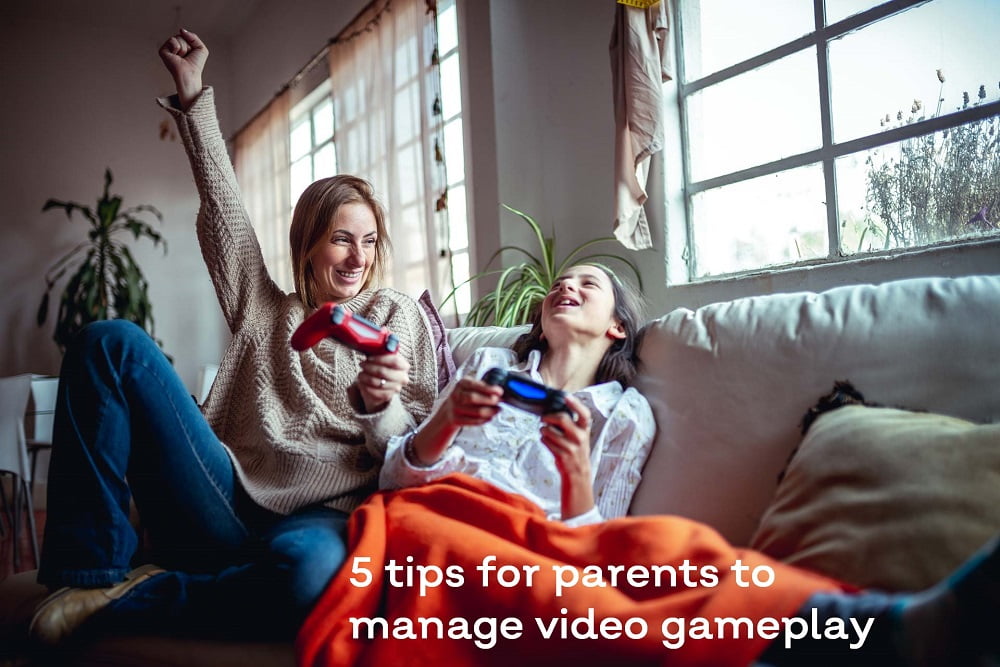Could video games be a healthy medium to deal with mental health?
Personal feelings aside, here’s what science and thought leaders say on the matter.
Video games are a playful part of people’s lives. They have become an increasingly important medium for people from all over the world to connect. Immersive video games allow people to express their creativity, discover new ways to learn a subject, stay active, connect with friends and cope with isolation.
On the occasion of the EU Mental Health Week, we’d like to seize the opportunity to share information about research on the power of play, what video gameplay looked like during Covid-19 lockdown, and share examples of where video gameplay is more than entertainment.
Oxford study finds link between video gameplay and mental well-being
A recent study from the Oxford Internet Institute (November 2020) suggests that playing video games can be beneficial to your mental health, following a ground-breaking collaboration in which academics at the university worked with actual gameplay data for the first time.
“Working with Electronic Arts and Nintendo of America we’ve been able to combine academic and industry expertise. Through access to data on peoples’ playing time, for the first time we’ve been able to investigate the relation between actual gameplay behaviour and subjective well-being, enabling us to deliver a template for crafting high-quality evidence to support health policymakers,” said Professor Andrew Przybylski, Director of Research at the Oxford Internet Institute, University of Oxford, and lead author of the study.
Video gameplay during Covid-19 Lockdown
At the beginning of 2020, Covid-19 (or coronavirus) spread throughout the world. The pandemic had a significant impact on many countries, resulting in national lockdowns and restrictions on people's movement. In a report, Ipsos Mori investigated how video gameplay habits, attitudes, and behaviours were influenced during the strict lockdown period in five European countries (France, Germany, Italy, Spain and the UK). Some of the highlights are as follows:
- Playtime increased weekly by 1.5 hours compared to the same period in 2019 among players aged 6-64 years old, but decreased to pre-lockdown playtime as lockdown eased.
- 14% claim to have discovered new video games.
- 30% of players say video games have helped them feel happier, less anxious and less isolated and 29% of players claim that video games had a positive impact on their mental health during lockdown, especially those who play multi-player games.
Silver, a video game, aims to reduce the number of suicides among young people
A video game called "Silver" aims to make suicide more negotiable and reduce the number of suicides among young people. The game is set at a virtual festival where young people create a character or avatar, such as the fearless skater Adam or the environmentally conscious blogger Nora, and travel to the festival, being them. "Throughout the festival, players are presented with situations in which they can choose what their character thinks and how it reacts. In this way, they learn more about the relationship between feelings and behavior, as well as how to manage their emotions," explains UGent Professor Gwendolyn Portzky.
The game was developed by VLESP, the Flemish Centre of Expertise in Suicide Prevention, a partner organisation of the Flemish Government for suicide prevention, UGent and Create, supported by the Flemish government and VAF|GAME. This is due to the fact that suicide is the leading cause of death in young people aged 15 to 19 in Flanders, Belgium. Data from the Agency for Care and Health from 2017 show this. Suicide is responsible for 32% of deaths in boys this age and 27% of deaths in girls.
Every Mind Matters – how video games can be used to support positive mental health
Our national association member, Ukie, the trade body representing UK’s video games sector supports the Better Health Every Mind Matters campaign, which aims to protect and improve the country's mental health and wellbeing. They provide a few practical tips and advances, including a personalised Mind Plan, to help you feel more in control:
- Find your flow on your own - One of the main reasons why unwinding with a video game can be so effective is that they can put you into a relaxing state of flow.
- Get fit with games - Exercise is great for your mental health and there are now a range of video games that are designed to get you moving.
- Catch up with your friends and family in a game - Online games offer another valuable way to give your mental health a boost; they can be a great way to connect with your friends and family.
Read more here.
In schools, video games are being used to educate students. Video games have produced one of the most vibrant and active communities of fans, with people gathering to enjoy popular culture concerts, especially during a pandemic. Of course, video games aren’t the only way to help people deal with mental health problems. Games are one of the many tools in the toolbox.



